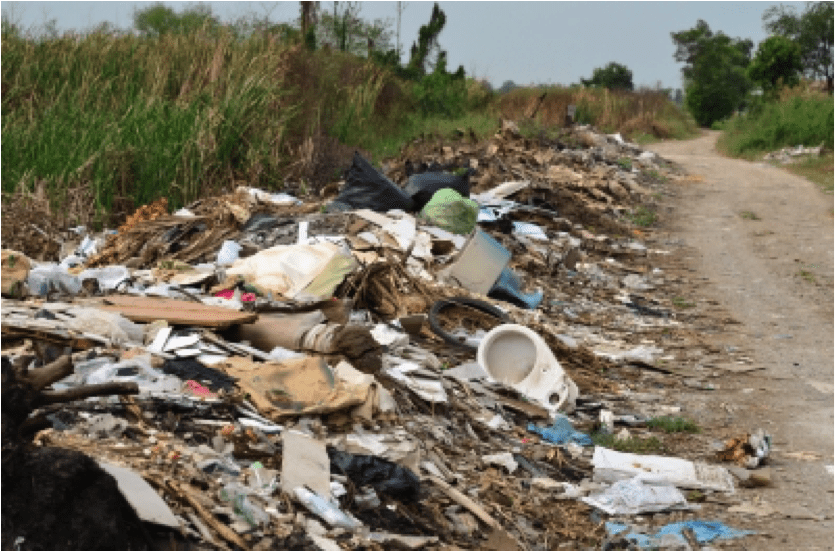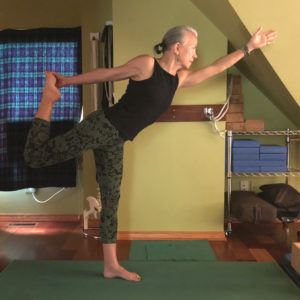Each day of my sunny vacation here in Sisal (pronounced Seesal), Mexico, I walk along the six kilometer coastline and marvel at what the sea churns forth during high tide — a dolphin, a manta ray, turtles, other very large fish and tons of sea grass and shells. When the tide recedes, what has now become organic waste leaves with it to be eaten by the still living or the sea salt. Unfortunately, what remains to litter the seashore is the detritus of humanity — plastic. Recent research published in the journal, Science, calculated that “between 10.5 Billion and 28 Billion tons of plastic entered the ocean in 2010 from people living within 31 miles of the coastline.” Katharine Gammon further reports that without immediate intervention, the 600 Billion tons of plastic waste produced each year will double by 2025. I wonder if you are aware of this recent news.
About 99 percent of the ocean’s plastic is missing, and there’s a chance
that a large amount is ending up on our dinner plates [eaten by the fish
we eat]. Kristina Bravo, Asst. Editor, Takepart
I witness what a wonderful eroding agent of organic and metal substances sea salt is, but it cannot destroy the plastic dumped from cruise ships, fishing boats and other shore residents. On our daily walks, my cousin, Greg, fills a large black garbage bag in his attempt to rid the shoreline of plastic litter. Although there is a visible difference made by his presence, even he cannot keep up with the sheer volume of garbage that can be seen everywhere in Sisal and Mexico as a whole. Jokingly, I commented to him that our real professions are garbage pickers. Occasionally, when asked what I do for a living, I comment that I pick garbage in my Osborne Village neighbourhood. As he and I pondered the visible trash problem in Mexico, we both agreed that we just did not understand how and why the problem exists.
And then, this thought struck me — the plastic pollution problem is the same around the world. The difference in Canada and the U.S. — anywhere with waste management systems — is we hide our garbage in landfills. How is that any better or worse? We are still polluting the Earth but in a more concentrated fashion.
A second thought occurred to me. Many of us have been conditioned to hide what brings us shame or fear. We hide our mentally ill, physically disabled and criminally charged in institutions. As most would agree, these institutions do not provide quality of life. I think it is safe to say that such institutionalized living is a failed social experiment. Just as we recognize that hiding people away is not a solution for healing society, neither is hiding our garbage in landfills a solution for healing pollution.
Here in Mexico garbage, so visible to the eye, reminds me on a daily basis what human effort is essential in order to put an end to plastic and other pollution. We know the source of this problem — plastic that does not decompose or is not being recycled. The solution is equally as clear — replace plastic with re-usable, recyclable materials.
What can we do on a daily basis? Let’s start small by taking responsibility for picking up the visible garbage we see on the streets and sidewalks in our own neighbourhoods. Once, you have formed that habit, then ask yourself, what one other step can I take to contribute to healing our planet?
Here are some suggestions to get you started. Please feel free to add to this list in the comment section below —
- Filter your drinking water instead of buying bottled water
- Use reusable coffee mugs instead of disposable cups
- Pack your lunch in a lunch box instead of plastic bags
- Use reusable and/or recyclable rather than disposable packing supplies
- Other suggestions?
For more on healing yourself from hidden woes and wounds, click here.





